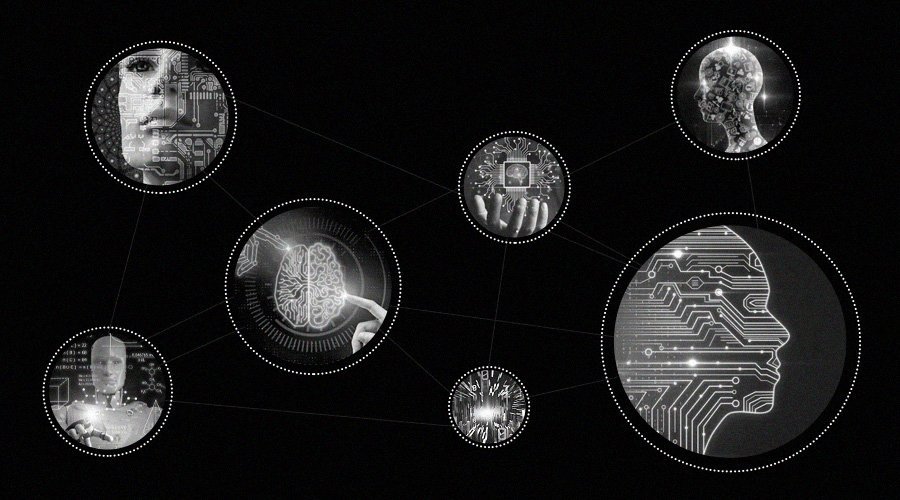Source – https://www.analyticsinsight.net/
At the time of Artificial Intelligence taking over the world rapidly, does engineering have any future?
Back then engineering was all about blueprints, sketches, and physical models. But today it is intensively about software tools and computer designs. The demand for artificial intelligence and digital technology has been gaining momentum. Advancements in the AI sector are transforming smart systems and supervised machine learning to a great extent.
Artificial intelligence systems will ease the laborious tasks that engineers do such as finding relevant content, fixing errors, and determining solutions. Smart systems can help finish their job quickly. AI and digital tech can also assist the system engineer in creating sophisticated designs along with incorporating sensor-based design procedures and delivering the designs to intelligent manufacturing facilities.
But AI may not approach the project the way a human designer would. Sometimes this can go off the grid too. Because today’s machines are usually made of expert systems that have software-enabled decision-making. Since the engine of this software is based on if-then rules, it is acquired through experience.
When new knowledge is registered in the library, the software uses if-then rules to expand new facts or ifs and comes out suggesting various solutions or then what occurs.
This process serves as the basis of AI and machine learning. As people are connected with the help of the internet, this opens the doors for smart machines to bring in new services and opportunities.
The largest fraction of smart systems is currently made of expert systems and this will be soon taken over by autonomous robots through technology transformation by 2024. There are critics as well as supporters for this trend. Since the number of robotic appliances continues to increase automatically, the cost of the sensors will decrease this becomes the simple reason for artificial intelligence robots to multiply within no time.
The robotic sensors market is estimated to undergo a CAGR of nearly 8% over the forecast period of (2021-2026). Currently, most of the industries like automotive, transportation, industrial manufacturing, logistics, and defense have started to adopt autonomous robotics and digital technology as their main mode of the production process.
As a result, due to this rapid growth of smart technologies with its roots, interconnected artificial intelligence can lead to uncertainty. Though computers can take intelligently-based action, they are not capable of replicating the cognition processes of the human brain. Algorithms of artificial intelligence tech can only deal with known data and cannot predict and formulate rational decisions during uncertain situations.
New technologies using the most advanced AI and machine learning have been coming up due to their widespread connectivity and inexpensive sensors. These technologies are primitive and still are not capable of mimicking the human brain.
It becomes clear that AI algorithms relate facts to solutions that are dependent on experiential learning without any acknowledgment of physics. AI has evolved from scientific advancement to an engineering tool. Latest innovations in digital tech require engineers from various domains to learn and integrate AI tools into their engineering designs.
Many open-source tools such as Microsoft’s DMLT, Google’s TensorFlow, and Amazon’s DSSTNE possess software libraries that empower machine learning. The DeepVariant open AI software of Google can depict a person’s genome from sequencing data more accurately than other methods are helping engineers to seek help from.
Personal productivity assistants like Amazon’s Alexa, Apple’s Siri, and Windows Cortana use natural language processing to make decisions. IBM Watson has been trained by Oncologists to help them treat and diagnose lung cancer. Tesla is getting closer to self-driving autonomous vehicles. Zebra Medical Systems, an Israeli company is developing tools for radiology having greater than human accuracy. All this is possible with the help of different types of engineers who are responsible for training smart systems.
At this point in time, the role of a human engineer may be that of a director shortly rather than producing and manufacturing the products. Though humans may not be executing the task, they are definitely the ones who are choosing the direction the machine should work. Once the machine knows how to design things, the system of engineering will change but engineers will still be highly skilled and relevant.
The uncertain future of technologies demands resilient and versatile engineers who can design robust technologies using artificial intelligence with different skill sets, including teaching AI systems how to innovate and become part of future human-AI organizations.
